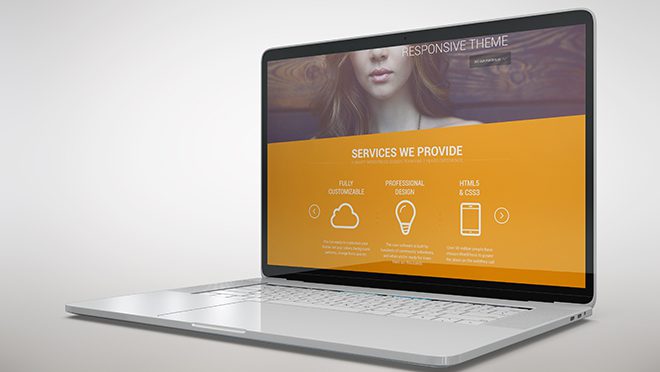As a first-time website owner, you likely have many questions when it comes to logistics. It is easy to get lost in the big picture items and then get overwhelmed at the nitty-gritty aspects. For instance, many people have trouble choosing between shared and VPS hosting. This is a very common question, and the answer depends on your exact situation. Let’s go over the difference between the two and the various situations in which you would use either one.
Table of Contents
Shared Hosting
When someone says that they have a shared hosting plan, it means that their website is being hosted on a server with hundreds (or thousands) of others. All of these websites are sharing certain resources provided by the parent hosting company. However, these resources are rarely allocated equally. The resources that are being shared include RAM, bandwidth, and processing power, among others. Shared hosting tends to be the cheapest option.

A good analogy often used to describe shared hosting is someone who lives in an apartment building with many other people. Each separate apartment has access to water, cable, and electricity, but the utilities are all limited for each unit.
VPS Hosting
VPS hosting involves multiple websites sharing the same server space but fewer than with shared. For this type of hosting, some resources get dedicated to each website and not shared. CPU time and memory are still shared, but they are equally portioned out to each account.


An analogy for VPS hosting would be that someone owns a condo unit. Each condo owner has access to the same resources in the building, but everyone is responsible for their own unit. As well, there are far fewer residents of the condo building as compared to the apartment.
Personal websites
Many people decide to create personal websites to showcase their portfolios. This can help them find a new job or attract more freelancing clients. This type of website will contain your education, skills, past projects, photos of your work, and links to articles or other written content that you have done. You can also include links to your social media profiles, your bio, mission statement, and contact information.


In this case, shared hosting would be ideal for your scenario. A shared hosting plan can easily handle these types of media and documents. As well, there will not be excessive virtual traffic daily, so you will not need to worry about overloading the site.
Blog
Whether you blog for profit or just for fun, you will still want to have the optimal hosting plan. Blogs are simplistic websites that do not tend to have high-powered media clips or thousands of monthly visitors. Often, blogs are comprised only of titles and text entries that contain relevant information to the reader.


For a first-time or smaller blog, you should use shared hosting. An average small or mid-sized blog will see about 100 visitors per day on average. At these numbers, a shared hosting plan is capable of keeping your blog up and running, and there should be no strain on resources.
Business website
A business or eCommerce website requires more resources as compared to a personal portfolio or blog. These types of sites will likely have product images, how-to videos and require confidential information from customers such as credit card numbers to make purchases. To conduct seamless business transactions, you will require additional resources and security processes.
In this situation, you would use VPS hosting for your site. A VPS hosting plan would give you the additional security needed to keep your customers’ data safe. This is primarily because you are not threatened by your neighbors’ activities, as you would be with shared hosting. You will also have an increase in bandwidth, which will help with the additional media usage.
Expansion
When first starting a business website, it usually makes sense to go with a shared hosting plan. This is because your website is smaller and requires fewer resources to keep it operational. However, as your business starts to grow and expand, upgrading to VPS is the next logical step.
You will know that you are ready to upgrade to VPS in the following situations:
- Your virtual visitors have increased to about 150 per day
- Your bounce rate (when a user opens a page and navigates away before it finishes loading) increases
- You are starting to notice an increase in downtime. This can indicate that your plan cannot keep up with all the increased activity
- The loading times of your website are noticeably higher than usual
All of the above are signs that you have outgrown your shared plan and are ready to move on to something new.




